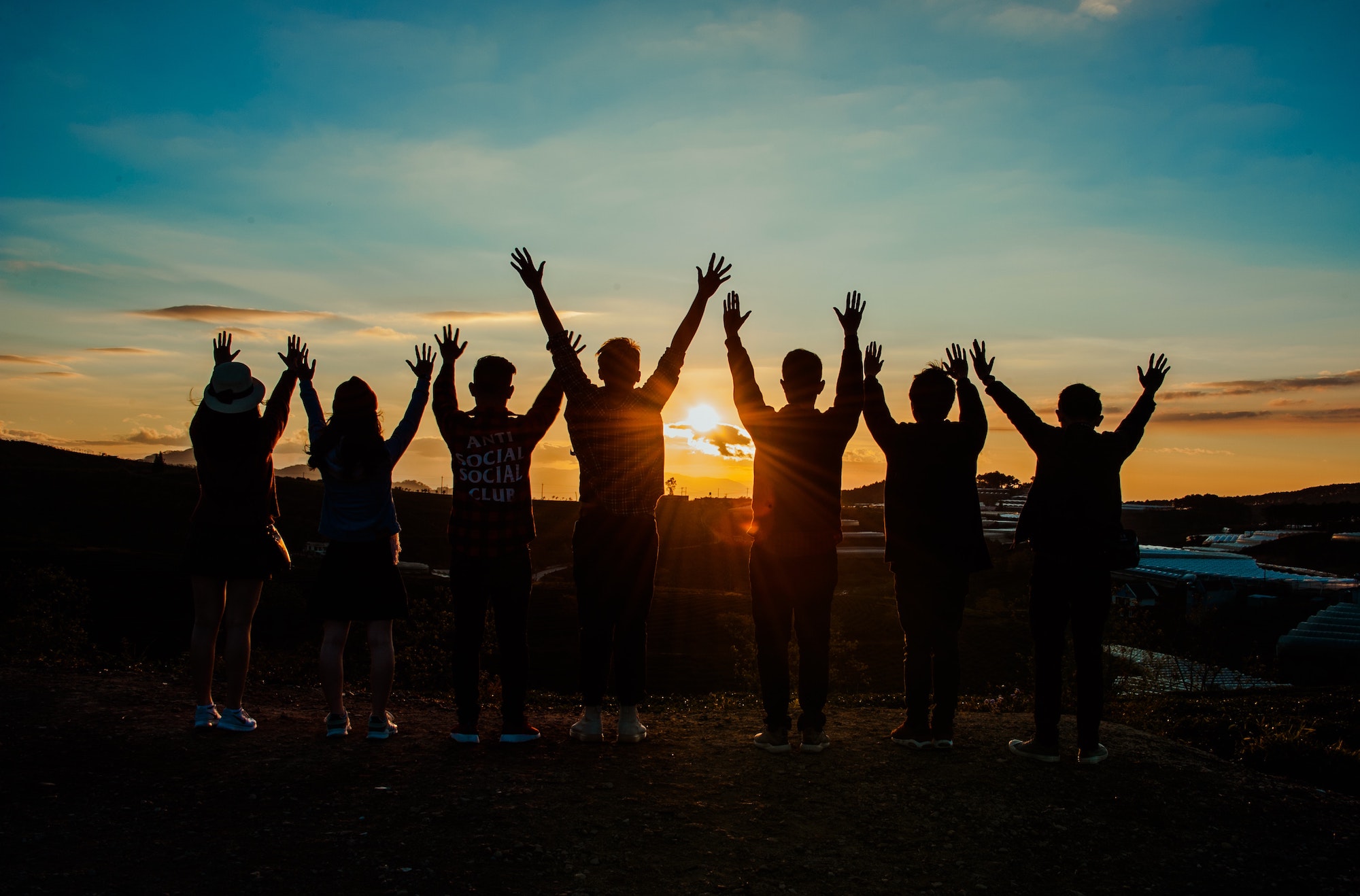Post-Rehab Allies

Your journey to lifelong sobriety will inevitably have good days and bad days. The good days, of course, are for you to cherish as part of your progress, but the bad days can be extremely difficult to overcome. Depression, cravings for drugs, anxiety, and uncertainty can weigh on a recovering person, and even with proper resources and support, you could still relapse, and find yourself back in the habits that originally put you in danger.
Giving yourself a chance to fully heal – mentally, physically, and if applicable, spiritually – means that you’ll be stronger for your trying journey. When things get difficult, though, knowing to whom you can reach out to meet, or just to talk, is important. Without plenty of supportive people around, the battle to stay sober is even more trying, and nearly impossible.
The great news is that rehab is the place to create and extend your support network, giving you more chances to keep moving forward with your life. There is nothing like proactively seeking resources that may help you, and keeping track of your resources, including the people around you, who may support you. Keeping in close contact with people who are in your life to support your moving away from drug and alcohol addiction will help you not only stay sober, but also help you to enjoy it. With plenty of support, you’ll be less tempted to use and abuse drugs and alcohol, and more inclined to do things that will benefit you in the long run.
Friends

You may not keep all of your friends if you enter rehab. Some of your friends will be lost due simply to your change in lifestyle. You’ll realize that some of your friends exist for when you’re using, but without that element, the friendship won’t survive.
Those friends that stick with you through thick and thin without the benefit of drugs are the friends that are most likely to be with you as you enter rehab, and when you’re cleared for release. Good friends will probably even invite you for a sober night out. Friends can’t protect you from all of the temptation on your journey to sobriety, but as a source of support, they can try to catch you before you fall back into your dangerous old habits.
The best thing that you can do for yourself if to minimize contact with people with whom you made a habit of using drugs and alcohol. Though this could mean fewer members of your friend group, but this also means fewer temptations for a person in a delicate time in their life.
Family
You’re most likely to live with a family member after finishing rehab, assuming you don’t then move on to a sober living situation. Either option is therapeutic, though living with family members may help a person to more easily transition to living independently after recovering from drug and alcohol abuse.
If you go home to live with your parents or spouse, it possible that they will be supportive, but your relationship with your family members may be strained. This can be difficult if you’re living with your parents, but even more so if you’re living with your spouse. Not every marriage survives addiction and rehab, and it is possible that, even after your progress in completing rehab, you will need to go to couples counseling to properly deal with the emotions felt by you and your spouse during this time.
If you’ve completed rehab, you’ve probably already had a taste of marital and/or family counseling – this is typical during a stay in rehab Arizona. More could always be necessary, though, so bear in mind that you may not heal as quickly as you think you will, and understand that more therapy doesn’t mean that you’ll never have problems, but it does mean that you are actively taking steps to heal.
Counselors
Probably the most powerful allies that you will have on your journey to lifelong sobriety are your counselors from rehab. These individuals track your progress, and handle other administrative duties for you, including staying on top of your long-term treatment plans. Therapists, equally essential, have often been where you’ve been, and can empathize with the difficulty of recovery from drug and alcohol addiction.
Drug and alcohol counselors and therapists are people to whom you can turn when you’re having trouble managing your daily life after leaving rehab, so it is important to remain closely connected to them, especially when you’re fresh out of rehab. If possible, when things are really affecting you, schedule an appointment to speak with them in person. Having face-to-face meetings with counselors, though a little more effort, is often more effective and a greater support than talking via phone.
Faith Leaders
If you’re a person of faith, turning to religious faith leaders is an excellent choice. Many people even credit their completion of rehab to a higher power, which should come as no surprise, given the immense struggle that any person will have while recovering from addiction to drugs and alcohol.
All forms of meditation, prayer included, are excellent tools to help a person through rehab, and act as a balancing force in daily life. An acknowledgement, connection, and commitment to a higher power, combined with continued contact with counselors and therapists, can benefit so many: not only will a recovering person have more community support, but there will also be the opportunity to participate in activities and leadership positions within a faith-based organization, which not only helps you, but everyone around you.
Choosing a new path for yourself after successfully completing rehab isn’t easy, but having people to lean on, and some ideas of what you would like to do for sober fun can help you along in your new lease on life.




